Fruits are often regarded as the candy of the plant world – naturally sweet, delicious, and seemingly not that good for you. But that perception ignores the fact that many fruits provide substantial nutritional benefits. While some fruits are mostly sugar and water, others are packed with vitamins, minerals, fiber and antioxidants.
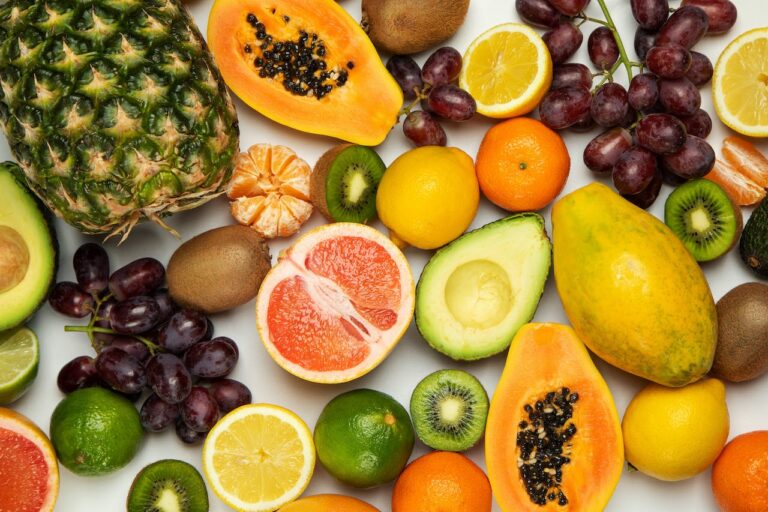
To help make sense of the nutritional pros and cons of different fruits, we’ve created a tier list ranking system. We evaluated common fruits based on their content of protein, fats, carbohydrates, fiber, vitamins, minerals, and antioxidants. Fruits at the top are nutritious superfoods, while those at the bottom are more like candy.
S Tier – The Superfood Fruits
Avocados
With nearly 20 vitamins and minerals in every serving, avocado is one of the most nutrient-dense fruits. It provides fiber, vitamin K, folate, vitamin C, potassium and is loaded with heart-healthy monounsaturated fats. Avocados also contain lutein, an antioxidant that helps eye health. With all this nutrition, it’s no wonder avocado is in the S tier.
Bananas
Full of key nutrients like vitamin B6, vitamin C, potassium, magnesium, and manganese, bananas are one of the most popular fruits. They provide energy, keep your blood pressure in check, and help with digestion. With just over 100 calories, bananas supply a nutritious quick snack. Their convenience and nutritional profile earn them a top tier spot.
Blueberries
This antioxidant superfruit is one of the healthiest foods you can eat. Ounce for ounce, blueberries contain more antioxidants than any other fruit. These antioxidants protect your body from free radicals that can damage cells and lead to aging and disease. Blueberries also provide vitamin C, manganese and fiber. It’s easy to see why they are a superfood.
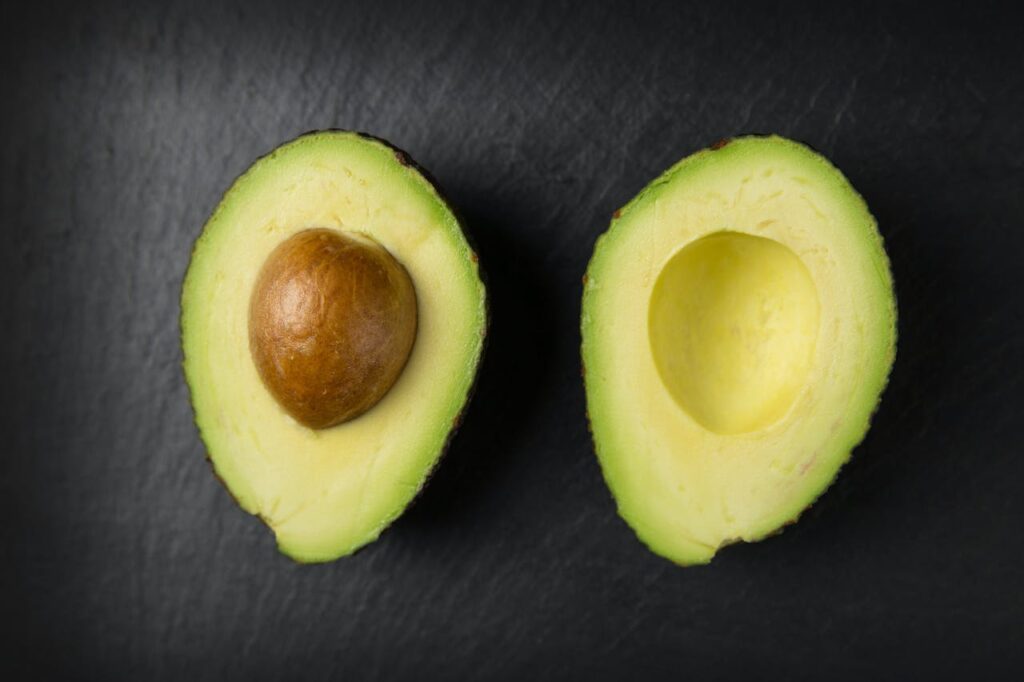
A Tier – Excellent Fruits
Apples
With the skin on, apples provide a good dose of fiber, vitamin C, and antioxidants like quercetin. They’re a satisfying, crunchy fruit that promotes good gut health and heart health. Apples even contain pectin, a prebiotic that feeds healthy bacteria in your gut. Simply put, apples deserve an A.
Oranges
Known for vitamin C, oranges also provide thiamin, folate, potassium, and antioxidants like carotenoids and flavonoids. The fiber and water in oranges support regular bowel movements and hydration. While not as nutrient dense as S tier fruits, oranges are still top tier.
Strawberries
This juicy, red berry is loaded with vitamin C – one serving provides 150% of your daily needs. Strawberries also contain manganese, which is important for metabolism and bone health. With under 50 calories per serving, strawberries supply nutrients without tons of sugar. It’s hard to beat fresh strawberries in the summertime.
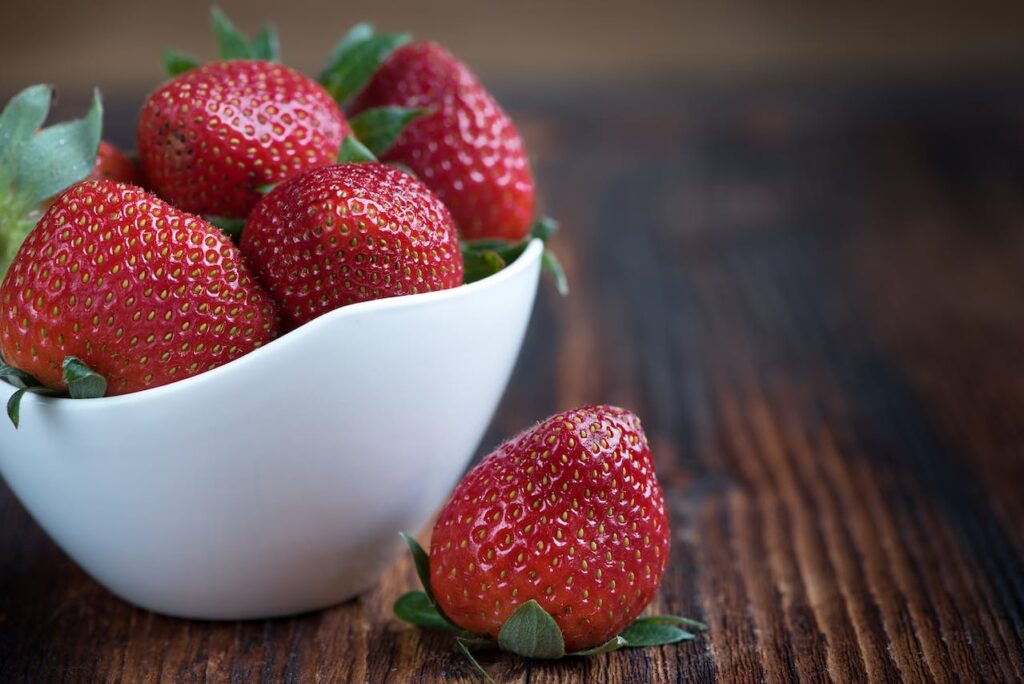
B Tier – Good Fruits
Grapes
Both red and green grapes contain resveratrol, the beneficial antioxidant compound found in red wine. Grapes also provide vitamin K, copper, and vitamin C. They make a tasty, refreshing snack, although the sugar content can add up if you eat too many. Overall, grapes are a pretty solid nutritional choice.
Pineapple
The tropical pineapple supplies vitamin C, manganese and bromelain, an enzyme with anti-inflammatory properties. Pineapple provides a sweetness that’s balanced by its tangy flavor. However, pineapple is quite high in sugar – a cup has 16 grams. In moderation, it’s a good source of nutrients.
Watermelon
Hydrating and low calorie, watermelon is a staple summer fruit. It contains vitamin C, vitamin A, and lycopene, an antioxidant that may lower risk of some cancers. Due to its water content, watermelon isn’t extremely high in other nutrients. Still, it’s a tasty low-calorie choice.

C Tier – Decent Fruits
Peaches
With their fuzzy skin and sweet taste, peaches are a beloved fruit. They contain some vitamin C, vitamin A, and potassium, but not large amounts of other vitamins and minerals. Peaches also have 13 grams of sugar per cup. Their lack of nutrients compared to top tier fruits lands them in the C category.
Pears
Pears offer a modest amount of vitamin C, copper, and vitamin K. They also provide fiber – one medium pear has 6 grams, mostly insoluble cellulose. However, their higher sugar and calorie content causes them to rank in the middle of the pack. Pears are a decent nutrient source but not standouts.
Plums
With only 46 calories per plum, this fruit is low-calorie. Plums contain vitamin C and vitamin K, as well as polyphenol antioxidants. But they don’t contain large amounts of other essential nutrients. The skin of plums also contains a thin wax coating. For these reasons, plums rank in the middle tier.
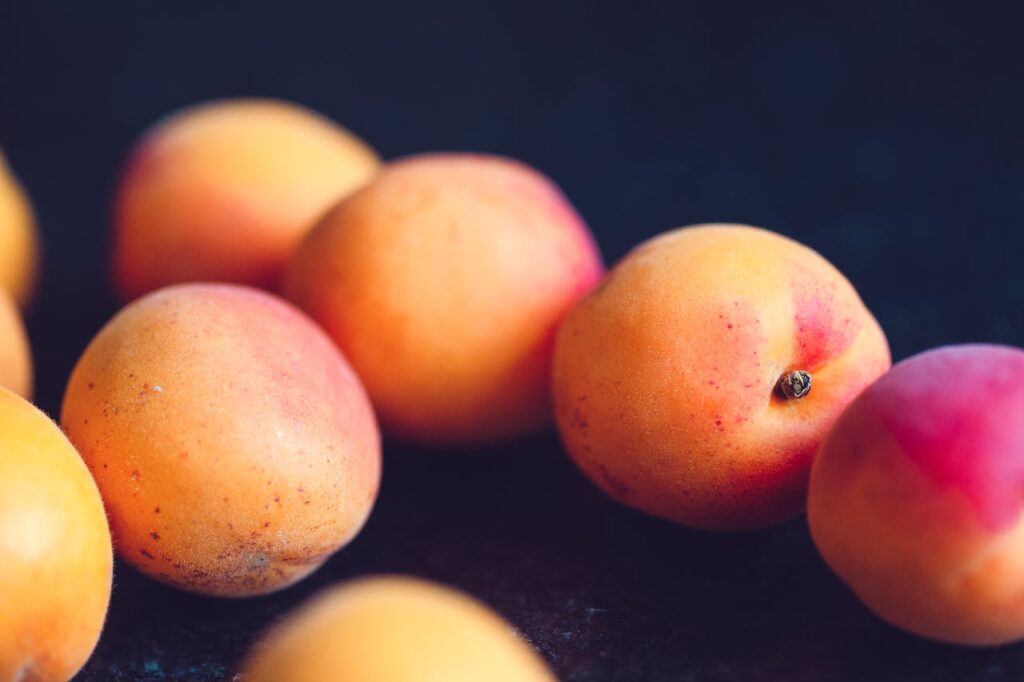
D Tier – The “Candy” Fruits
Honeydew Melon
Honeydew, along with other melons, is mostly water and sugar. One cup contains 14 grams of sugar but only small amounts of vitamins and minerals. While hydrating, honeydew lacks the nutrients to be considered a superfood. It’s quite tasty, but nutritionally it ranks at the bottom.
Cantaloupe
Like honeydew, cantaloupe is high in water and sugar, providing small amounts of vitamin A, C and potassium. With over 50 calories and 13 grams of sugar per cup, cantaloupe is closer to a treat than a nutritional powerhouse. Its low nutrient content places it in the bottom tier.
Coconut
Technically a fruit, coconut is very high in calories and saturated fat. Unlike other fruits, over 80% of coconut’s calories come from fat. While it provides minerals like manganese, copper, selenium, and phosphorus, coconut is lacking in many vitamins. Of course, coconut water and milk can be more nutritious options.
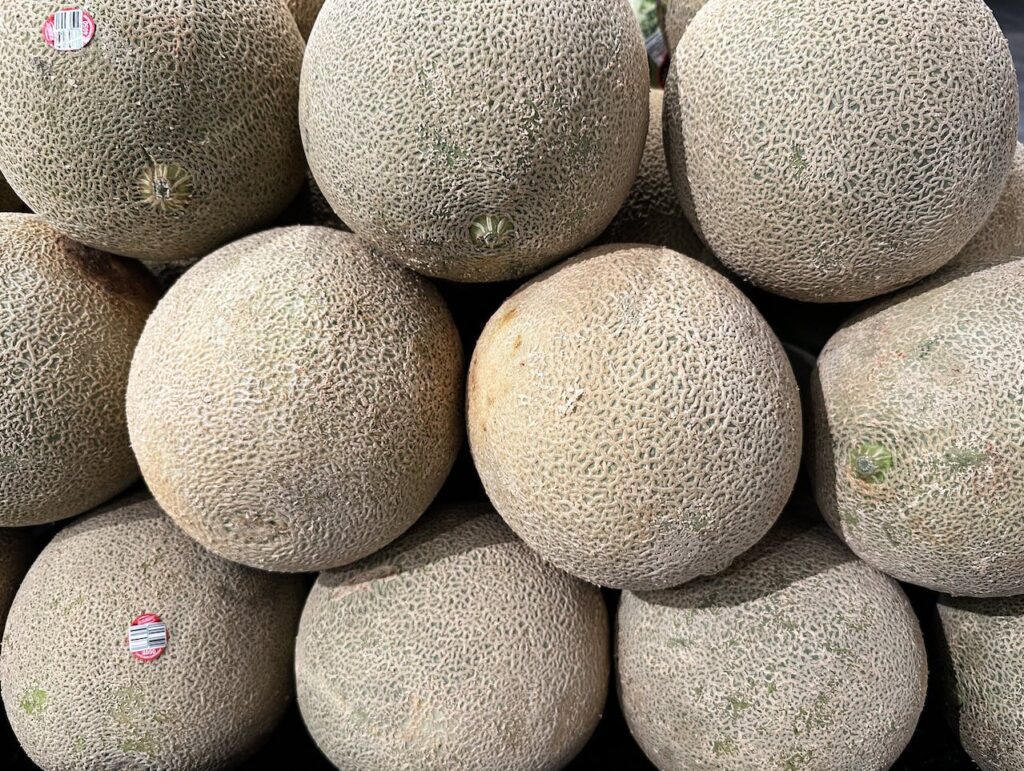
When choosing fruit, your best bet is to go for those at the top of the list. The S and A tier fruits provide great nutritional bang for your buck. But don’t shun the lower ranked fruits altogether. As part of an overall healthy diet, all fruit can have a place. Just be mindful of portions, especially with high sugar varieties. At the end of the day, eating a diet high in fresh, natural fruits is always preferable to processed foods.
Hey there! We hope you love our fitness programs and the products we recommend. Just so you know, Symku Blog is reader-supported. When you buy through links on our site, we may earn an affiliate commission at no extra cost to you. It helps us keep the lights on. Thanks.
Disclaimer: The information provided in this discussion is for general informational and educational purposes only. It is not intended as medical or professional advice. Only a qualified health professional can determine what practices are suitable for your individual needs and abilities.
